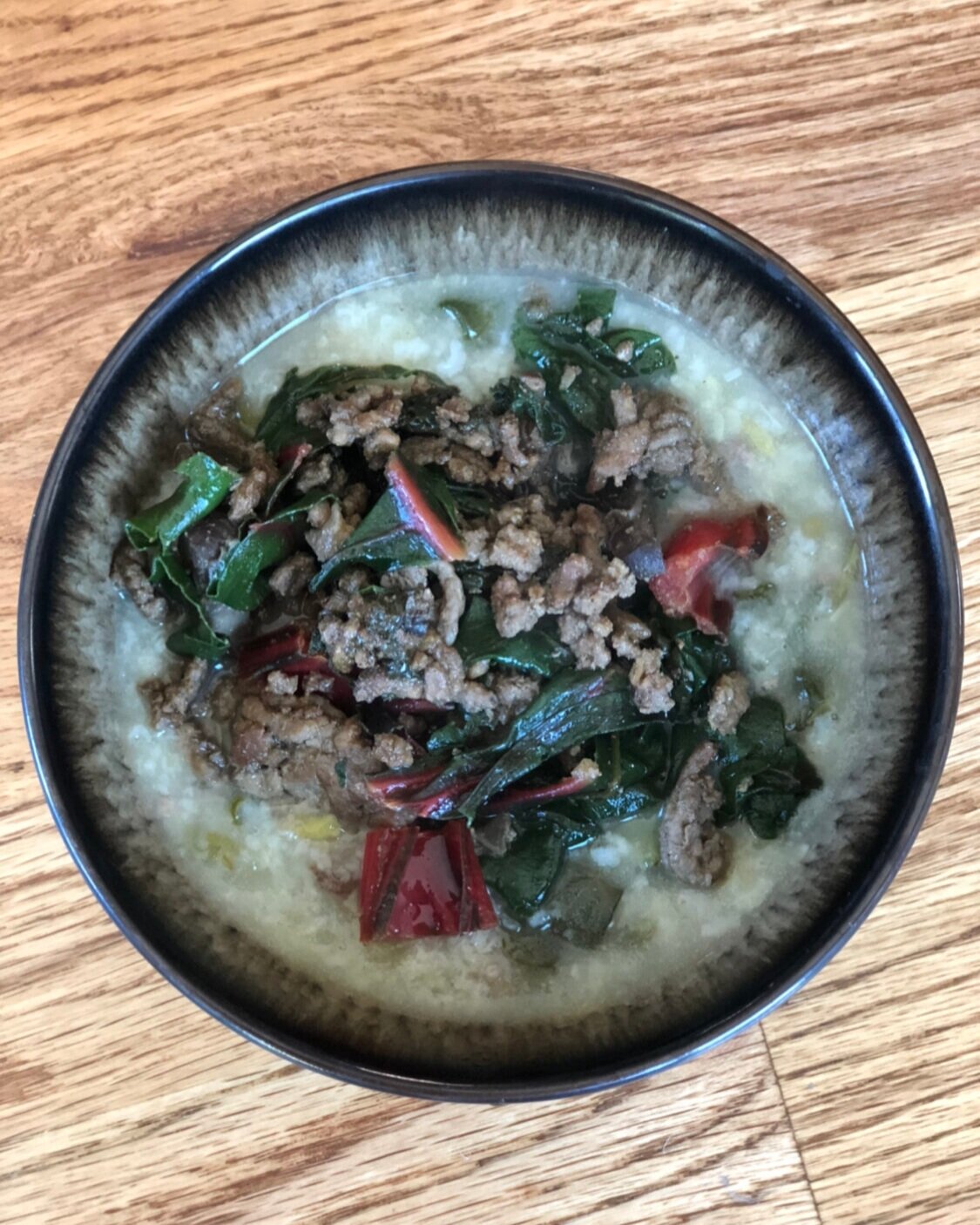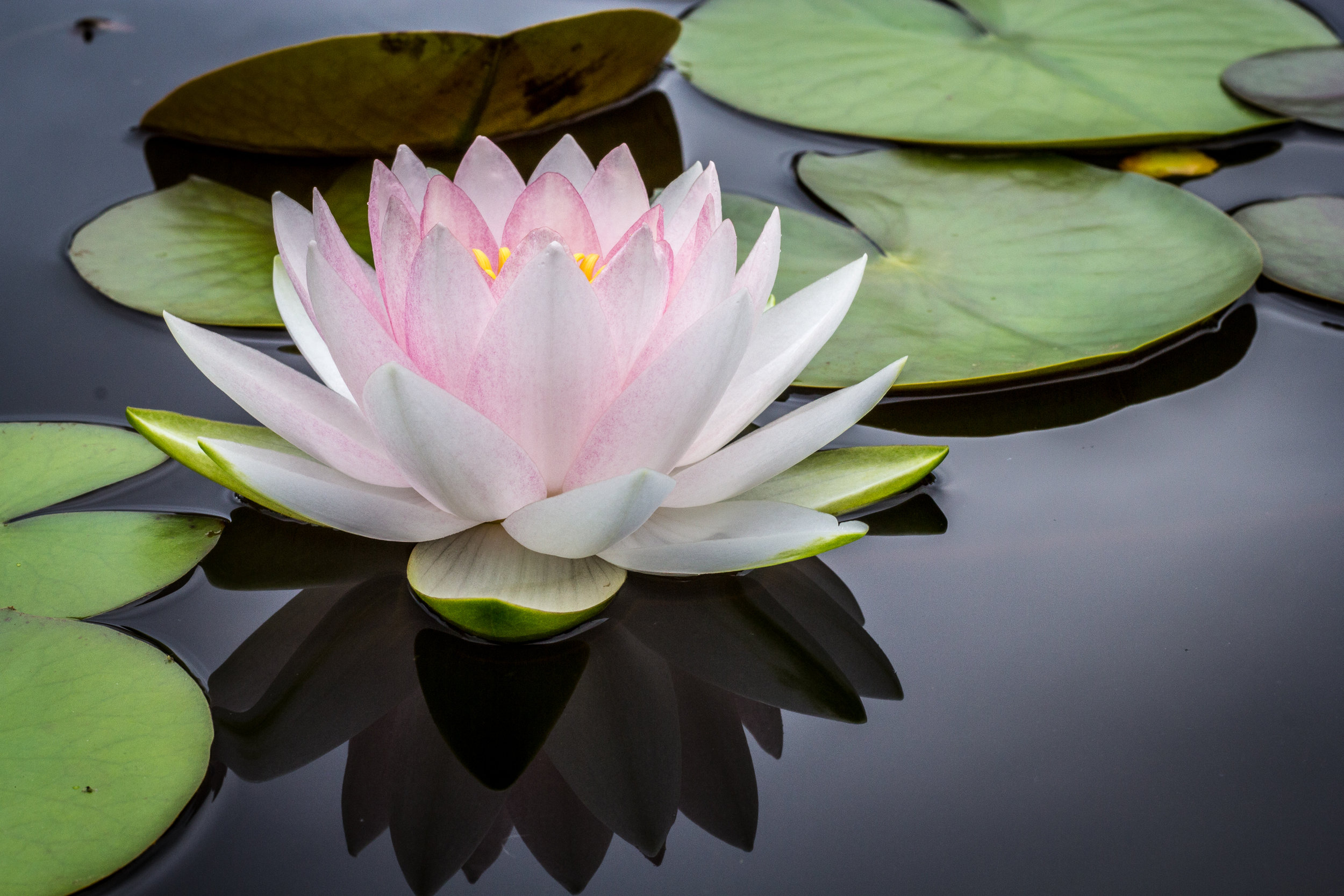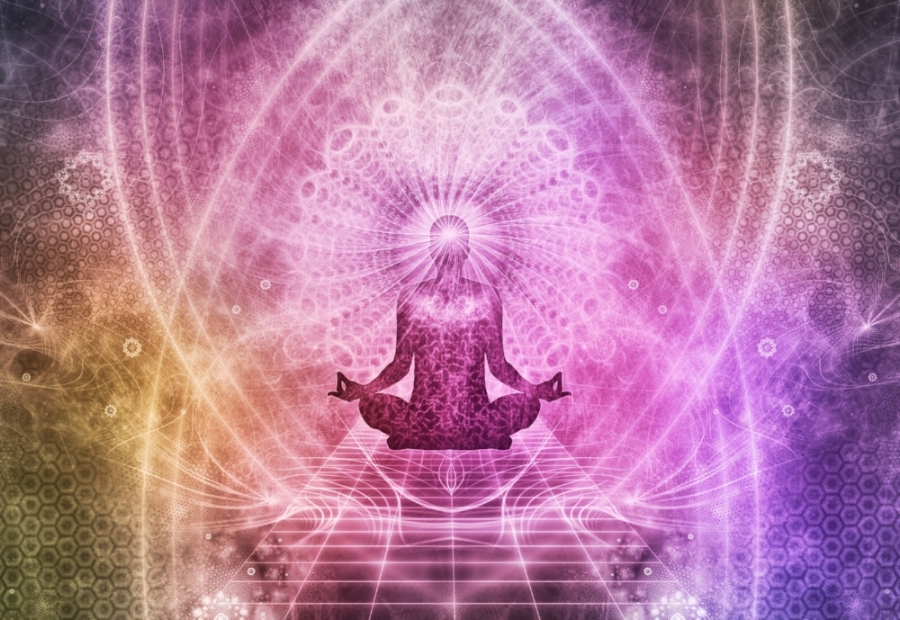by Setareh Moafi, Ph.D., L.Ac.
Whether you drink it for the caffeine, the flavor, or the ritual, coffee is undoubtedly a culture of its own.
And while there are certainly benefits to this popular beverage, according to Chinese Medicine, coffee may do your body more harm than good.
Don’t get me wrong. I love coffee, but it’s not something I would drink (or recommend you drink) every day. Even if you’re an organic, fair trade, shade grown, decaf Swiss water process coffee connoisseur, there are some important factors to consider before you brew your next morning cup of Joe.
Why You Should Be Cautious with Coffee Consumption
For one thing, drinking a lot of coffee may lead to accelerated aging. The nature of coffee is bitter, warming and dry, so even if you drink decaf, it can actually deplete your body's Yin/moisture, which can prevent your body from nourishing its Liver blood. This is especially important to consider for women who are menstruating, pregnant, nursing or postpartum.
According to Chinese nutrition, the bitter taste drains dampness, but too much bitterness can lead to dryness in your skin, hair, and nails. Lack of moisture/Yin is one of the key causes of accelerated aging. (Click here to learn more about this and how to slow down the aging process).
While the bitter taste in Chinese Medicine helps relax the Heart, excess bitter can actually deplete the Heart Qi and lead to anxiety, restlessness and insomnia — key symptoms that also become present with excessive caffeine consumption.
Dryness and heat are factors that in excess can negatively impact your health (click here to learn more about these factors and their effects on your health). These factors become more prominent during the Spring and Summer, which is why it’s especially important to cut back on coffee during these times of the year.
In addition, the caffeine in coffee can excite your nervous system and activate your Liver and lead to Liver Qi stagnation, thus resulting in more stress, more allergies, and can impede your Liver’s detoxification process. Since the Liver is most active during the Spring season, detoxifying your Liver is essential during springtime and reducing or eliminating foods and drinks like coffee (and caffeine in general) can be especially beneficial during this time.
Never feel overwhelmed by what to eat (or drink) again! Join the waitlist now for the Yin & Yang of Nutrition online experience com in 2023.
5 Coffee Alternatives to Consider Trying
Though it may be fine to enjoy a cup of coffee on occasion, you might reconsider making coffee part of your daily ritual, especially during the warmer months of the year.
Here are five alternatives to coffee to change up your morning ritual.
Green Tea
Green tea comes from the leaves of the Camellia sinensis plant, a native of East Asia and India. It’s high in antioxidants, as well as other nutrients. The phytonutrients in green tea may also help you lose weight and maintain weight loss. A 2009 meta-analysis of studies found that catechin-rich green tea significantly reduced body weight (Hursel et al., 2009) and helps to maintain a healthy weight after significant weight loss.
In a study of 40,530 Japanese individuals followed over seven years, drinking three to four cups of green tea per day was associated with a 31% lower risk of dying of cardiovascular disease (Kuriyama, 2006).
The flavonoids in green tea, including epigallocatechin gallate, have been shown to decrease the liver’s glucose production, helping to regulate blood sugar more effectively (Waltner-Law, 2002).
According to Chinese Medicine, unlike coffee and black tea, green tea is considered to be cooling. If you tend to have a lot of Cold in your Stomach (diarrhea, bloating, cramping), you might want to consider adding a little spice to your green tea, such as cardamom to add a warming effect that’ll balance its cooling nature. (Click here to learn more about spices)
Matcha
The skyrocketing popularity of matcha brings wonder to the health benefits fo this trendy alternative to coffee.
Like green tea, matcha comes from the Camellia sinensis plant. However, it’s grown differently and has a unique nutrient profile.The tea plants of matcha are covered for 20–30 days before harvest to avoid direct sunlight. This results in an increase in chlorophyll production and amino acid content.
Once the tea leaves are harvested, the stems and veins are removed and the leaves are ground up into a fine powder. This means that the resulting matcha contains nutrients from the entire tea leaf. Matcha is both higher in antioxidants and caffeine than green tea, which is harvested from the leaf, stems and veins of the Camellia sinensis plant.
Yerba Mate
Yerba mate is a tea made from the dried leaves and twigs of the Ilex paraguariensis plant, and is an excellent substitute for coffee, black tea and other high caffeine drinks. Plus, its slightly bitter, smoky flavor makes it less of a compromise than most coffee substitutes.
It’s traditionally consumed in South America from a container called a gourd and sipped with a metal straw with an attached filter at its lower end to strain out the leaf fragments.
The health benefits of Yerba Mate are extraordinary, and its ability to give you a kick of energy without compromising longevity is one-of-a-kind. Click here to learn five key benefits of drinking Yerba Mate.
Rooibos
Rooibos is a caffeine-free alternative that’s been consumed in southern Africa for centuries. Rooibos, aka red bush or red tea, is made using leaves from a shrub called Aspalathus linearis, usually grown on the western coast of South Africa. Traditionally, it’s fermented to create the popular reddish-brown color and is most commonly sold and consumed in this way.
Rooibos is packed with antioxidants (50 times more than green tea), which include aspalathin, quercetin and luteolin, which in test-tube studies have been shown to kill cancer cells and prevent tumor growth.
Rooibos also contains alpha hydroxy acid (AHA), one of the main ingredients in skin treatments such as chemical peels. Not particularly common in foods, alpha hydroxy acid in rooibos tea is an excellent skincare supplement and its hydrating quality can moisturize your skin and help to reduce fine lines and wrinkles.
Warm Water
According to Chinese Medicine, your digestive system is supported by your Stomach Fire, the ‘cooking pot’ which is the foundation through which nutrients are produced and absorbed in the body. This cooking pot needs its fire constantly stoked to have the Yang energy to break down and transform your food and thoughts. Consumption of cold foods and liquids puts out the Stomach Fire, leading to digestive weakness as well as symptoms that include diarrhea, bloating, malabsorption, bloating, gas and weight gain.
Healthy digestion is the key to gut health, which is the foundation for healthy immunity, mental health and sleep (Click here to learn more about this).
Drinking warm water in the morning is a powerful way to kick-start your digestive fire. Warm water aids blood circulation and as circulation improves, so does your body’s ability to detoxify as well as reduce muscle pain and contractions. Consumption of cold fluids, on the other hand, slows organ function and causes muscles to contract.
Aside from its soothing ability, warm water helps to flush toxins out of the body, relaxes the muscles and expands blood vessels to improve blood circulation. In addition, drinking and eating warm beverages inhibits taxation on the digestive system and can aid in weight loss and weight maintenance. Warm fluids soothe the intestines, which can also help with digestive upset and constipation.
In addition to any beverages you enjoy drinking, I suggest you add warm/hot water to your routine and consider drinking it as a daily morning ritual. Drinking warm water in the morning can help improve your circulation, relax your body and mind, and prepare your digestive system for the day ahead.
What’s your favorite morning drink? Let me know in the comments below.
Setareh Moafi, Ph.D., L.Ac. is Co-Owner and Director of A Center for Natural Healing in Santa Clara, California, a health and wellness clinic that specializes in Classical Chinese Medicine and Traditional Japanese Acupuncture. Dr. Moafi offers a one-of-a-kind form of empowerment coaching, clinical services, and transformational workshops and online courses that blend the ancient practices of Classical Chinese Medicine and Yoga. More information at www.setarehmoafi.com.
References
Kuriyama, S., et al. (2006). Green tea consumption and mortality due to cardiovascular disease, cancer, and all causes in Japan: The Ohsaki study. Journal of the American Medical Association, 296(10), 1255-1265.
Hursel, R., Viechtbauer, W., & Westerterp-Plantenga, M.S. (2009). The effects of green tea on weight loss and weight maintenance: a meta-analysis. International Journal of Obesity, 33, 956-961.
Waltner-Law, M.E., et al. (2002). Epigallocatechin gallate, a constituent of green tea, represses hepatic glucose production. The Journal of Biological Chemistry, 277.



























